Set in 1938 Turin, La bella estate tells the story of Ginia, a young girl who moves from the countryside to the city and is swept into the intoxicating world of artists, sensuality, and self-discovery. Through her encounter with the bold and enigmatic model Amelia, Ginia begins to question her boundaries, her desires, and her understanding of love.
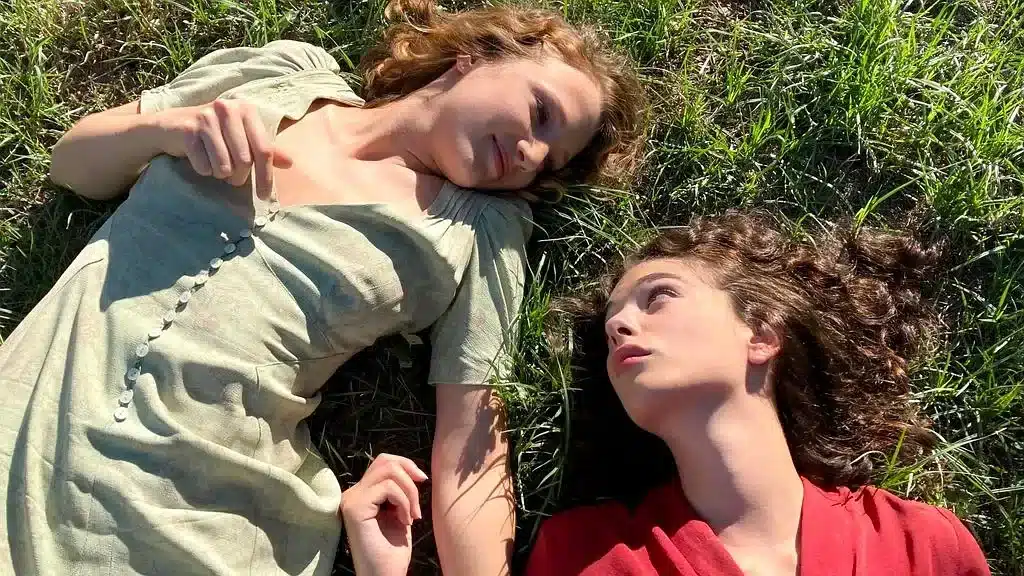
In the sweltering heat of a pre-war Italian summer, 17-year-old Ginia moves to Turin in search of freedom and adventure. Naïve yet curious, she stumbles into the Bohemian arts scene and becomes involved with a painter. But it is Amelia—a confident, free-spirited nude model—who truly awakens her. Drawn to Amelia’s sensual confidence and carefree spirit, Ginia finds herself exploring not only her sexuality but the very idea of what it means to live boldly. As the shadow of war looms, she experiences her first heartbreak, her first ecstasy, and the realization that growing up also means growing apart.
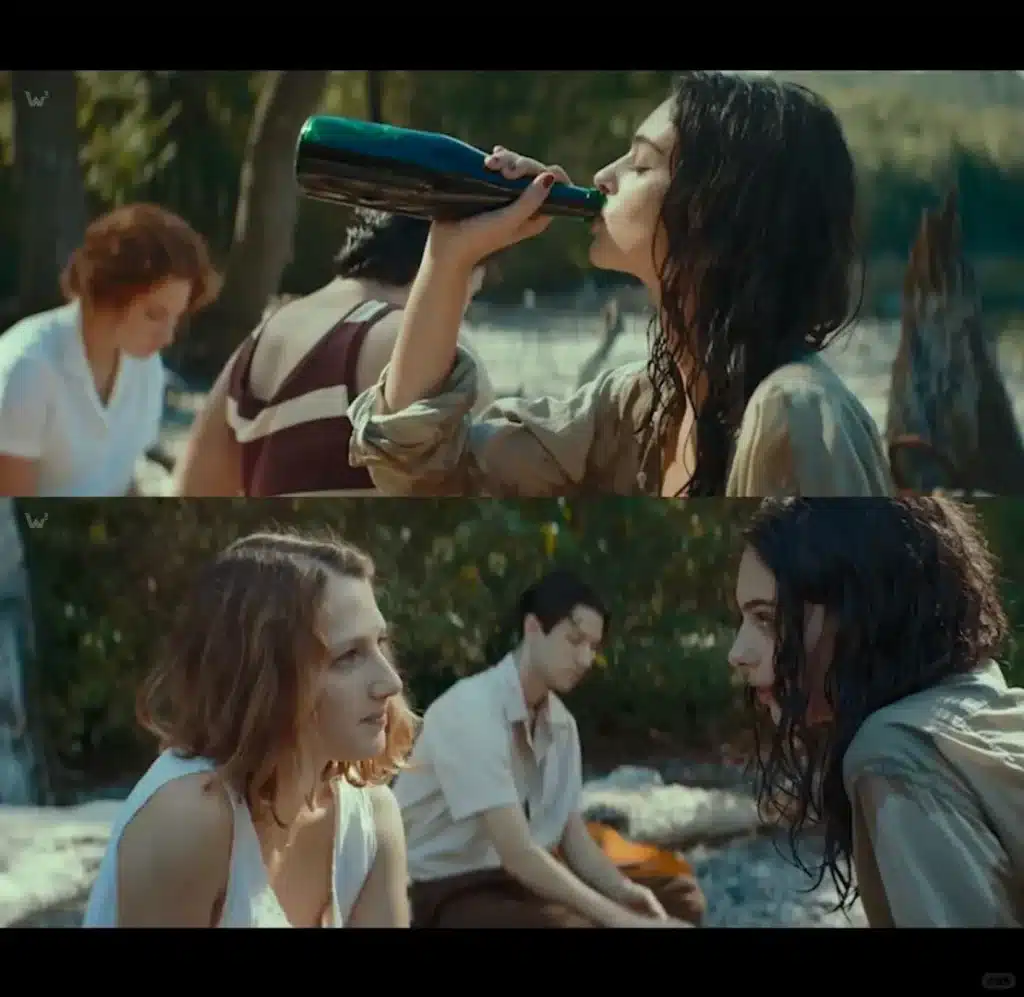

A naive and curious young woman who moves from the countryside to Turin, Ginia becomes fascinated by the bohemian world of artists and gradually awakens to her own desires.
Yile Yara Vianello
Yile Yara Vianello delivers a deeply naturalistic performance, capturing the quiet transformation of a girl standing at the threshold of womanhood. While relatively new to the screen, her portrayal feels intimate and emotionally grounded.

Amelia is a confident, free-spirited art model whose sensuality and boldness captivate Ginia. She embodies everything Ginia longs to understand—freedom, self-possession, and allure.
Deva Cassel
Deva Cassel, daughter of Monica Bellucci and Vincent Cassel, makes an unforgettable impression in this leading role. With magnetic screen presence and a striking visual aura, she brings complexity and charm to a character that could have easily slipped into cliché. Her debut is both stylish and emotionally resonant.
Director

Laura Luchetti
Laura Luchetti is an Italian filmmaker known for her poetic storytelling and empathetic portrayal of marginal characters. Prior to La bella estate, she directed Twin Flower (Fiore Gemello, 2018), which explored themes of trauma, migration, and unlikely companionship. Luchetti’s work is marked by a strong visual aesthetic, minimalistic dialogue, and a distinctly female gaze—elements that are powerfully present in La bella estate.
MOVIE HIGHLIGHT
✨ Visually Painterly Aesthetic
The film is drenched in warm, nostalgic light and framed with the elegance of classical Italian painting. Almost every scene looks like a Caravaggio tableau come to life.
✨ Subtle Sapphic Tension
The slow-burning attraction between Ginia and Amelia is handled with care—glances, silences, and tender gestures build an intimacy that feels achingly authentic without oversexualizing their bond.
✨ Female Gaze in Erotic Scenes
Directed by a woman, the film’s depiction of nudity and sensuality feels respectful and emotionally charged rather than voyeuristic. This is especially evident in scenes where Ginia watches Amelia model nude, mirroring her own self-awakening.
✨ Coming-of-Age in Fascist Italy
Set just before WWII, the backdrop adds quiet tension to Ginia’s personal rebellion. The looming war is never center stage but hangs like a cloud over her summer of self-discovery.
✨ Deva Cassel’s Debut as a Leading Actress
Her performance carries the emotional weight of the film. Despite limited prior acting experience, she delivers with maturity, charm, and restraint—marking her as a talent to watch.
The Beautiful Summer Review
Review
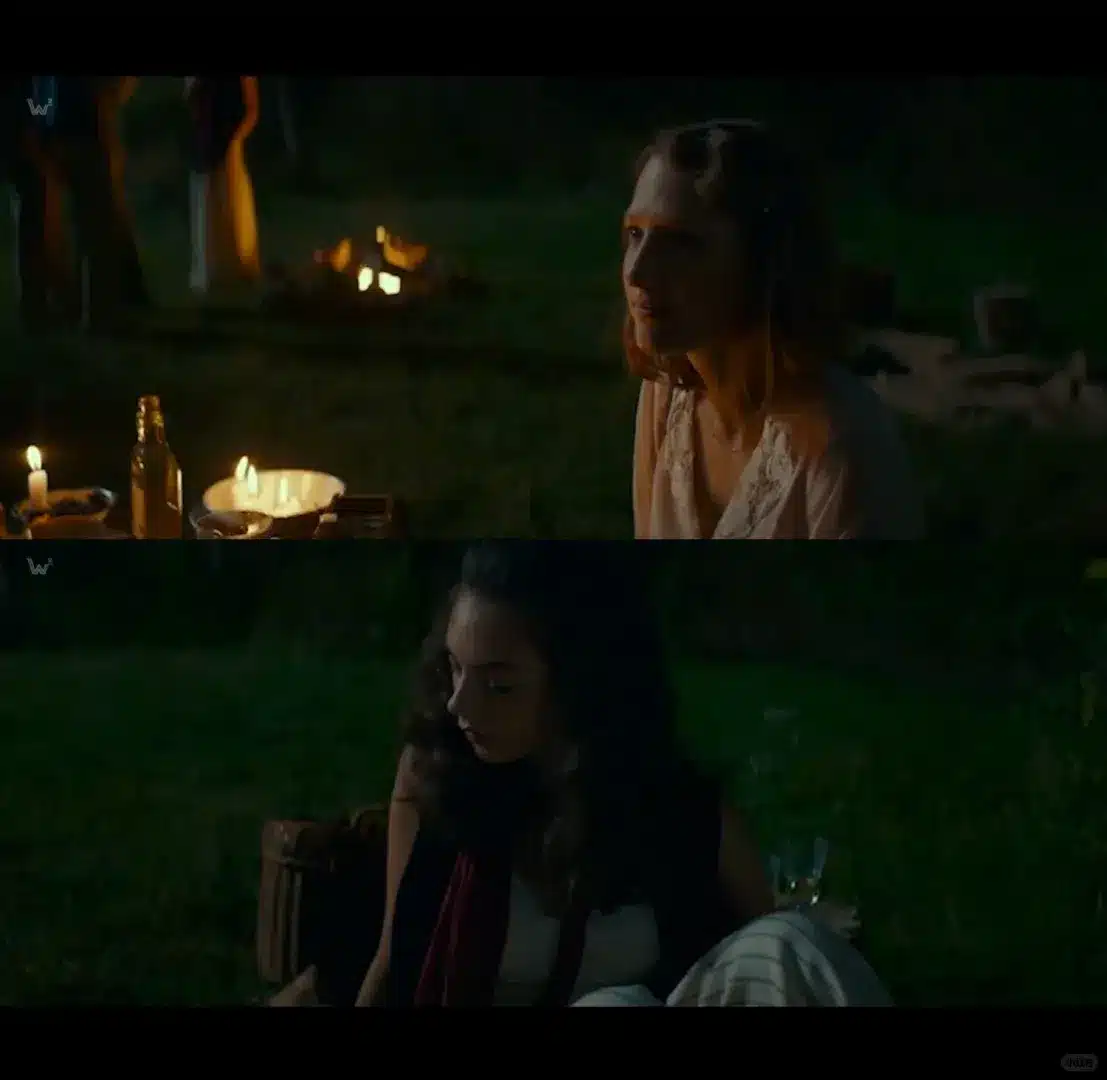
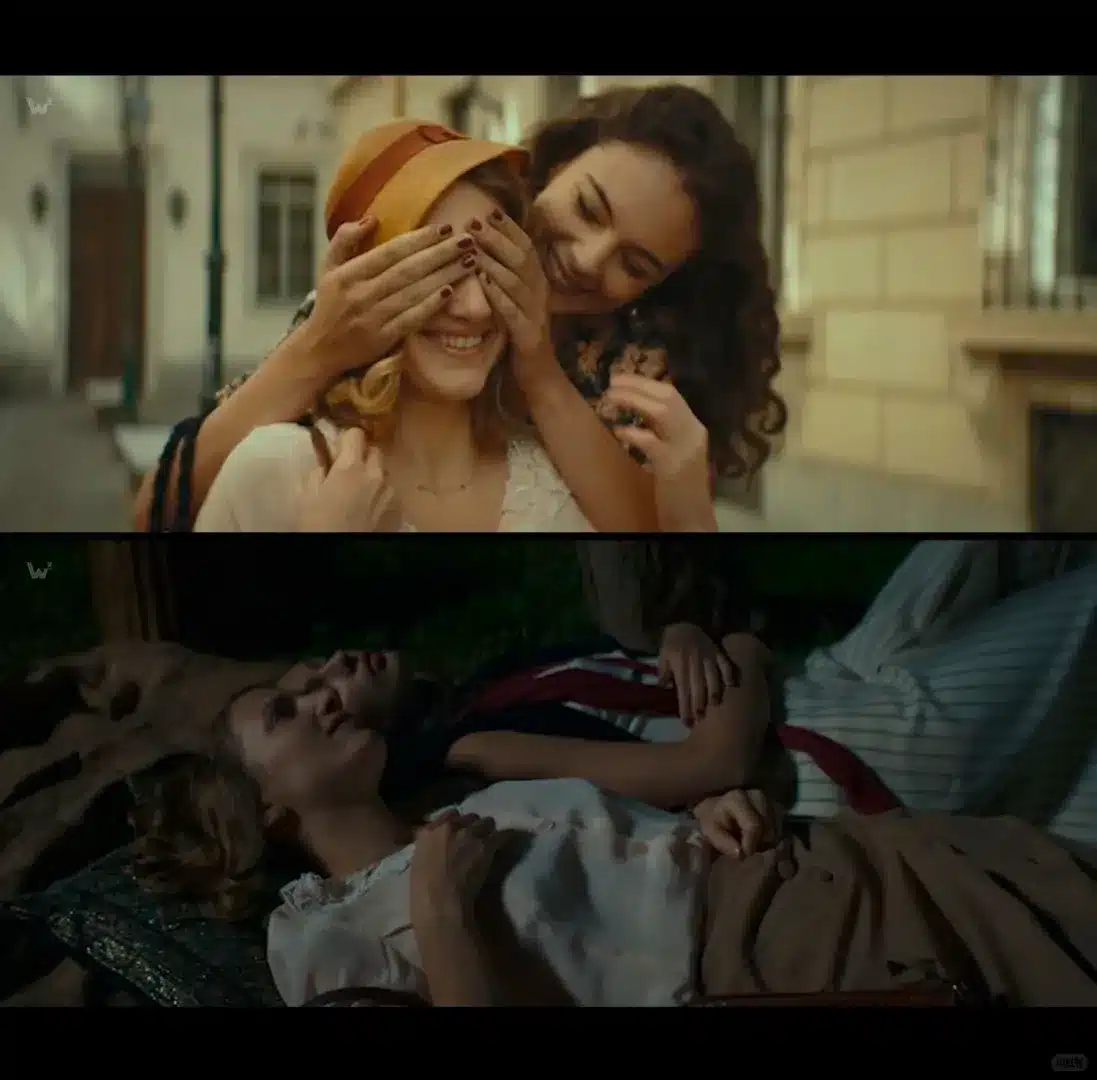
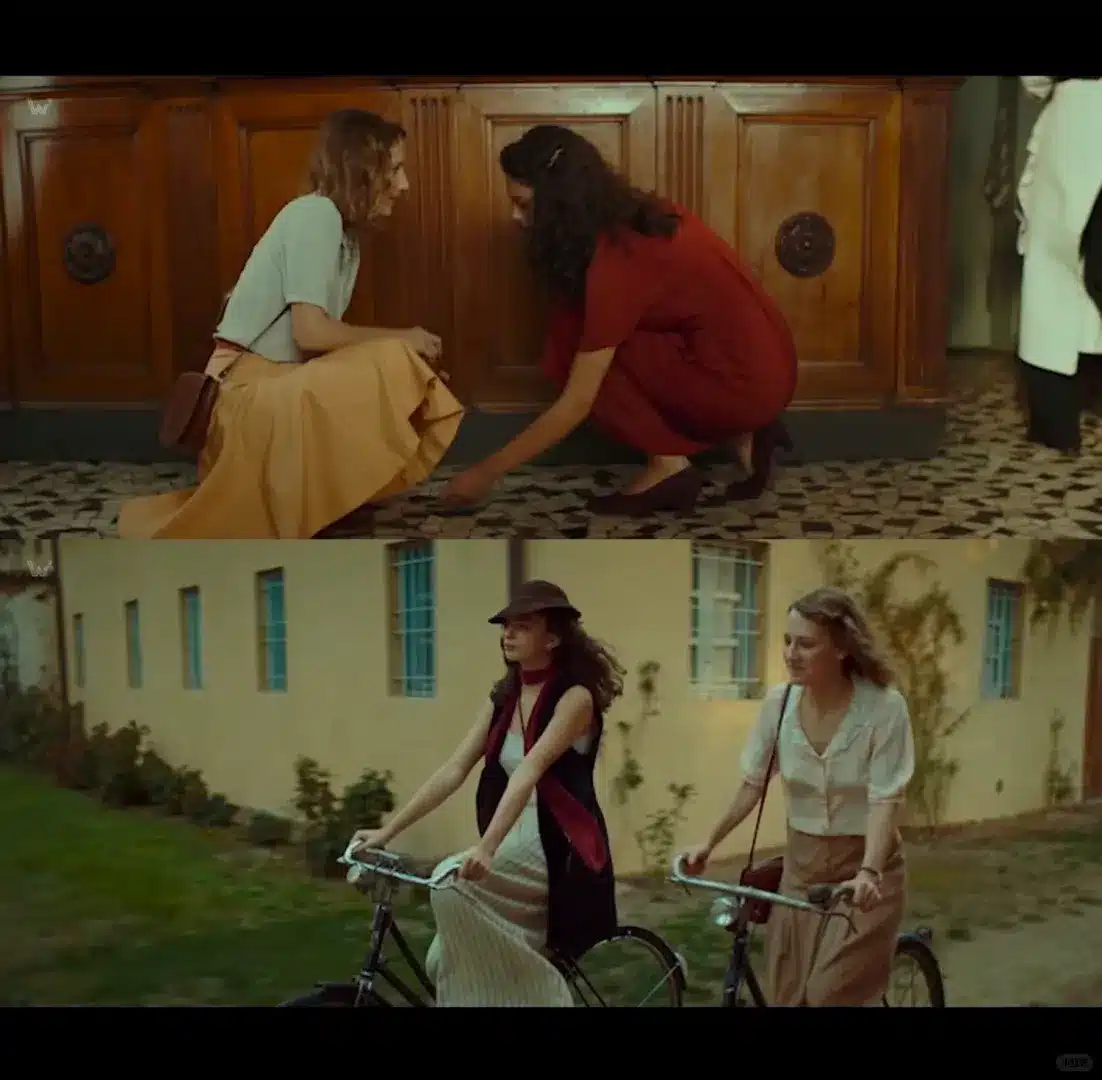
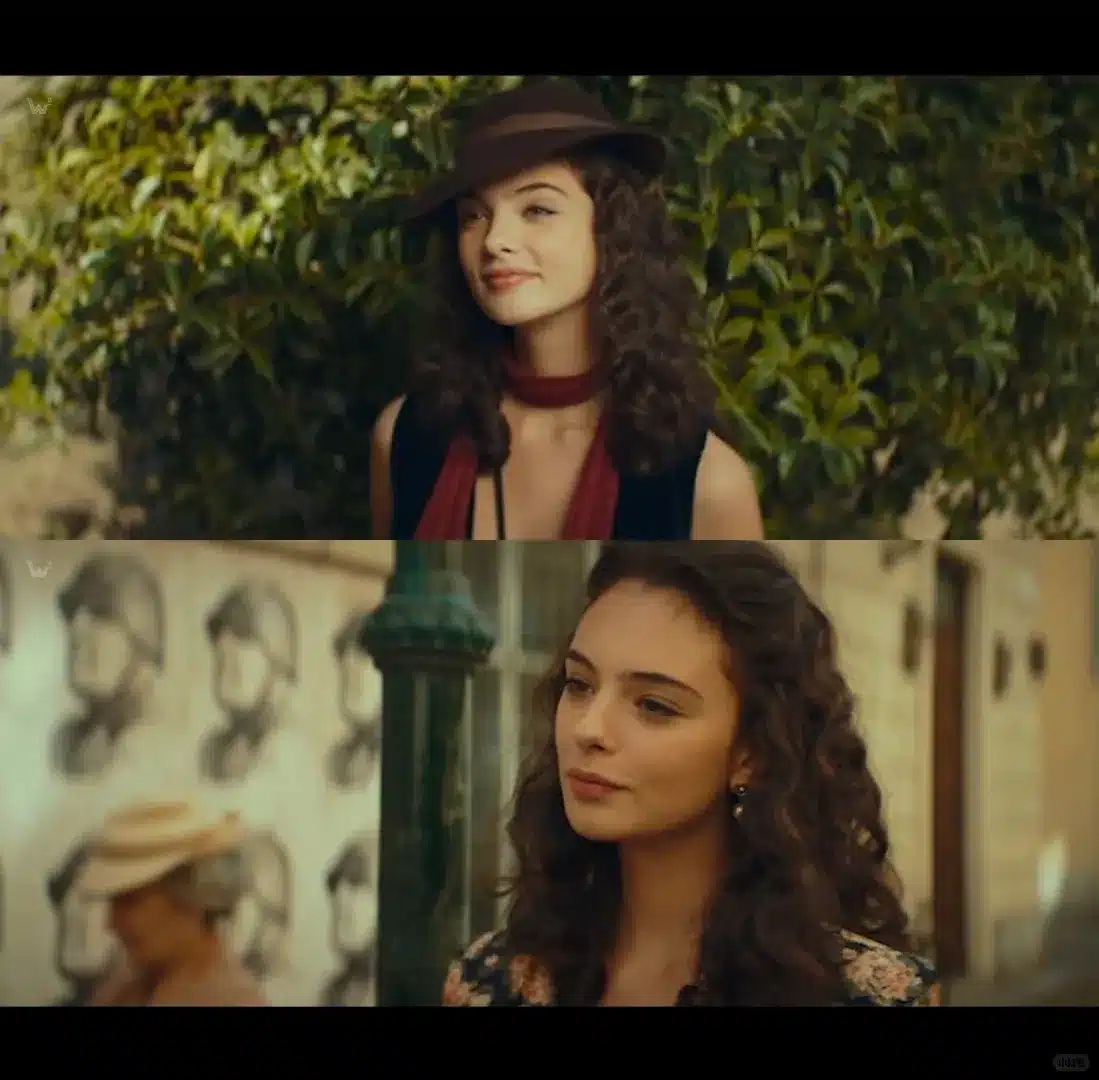
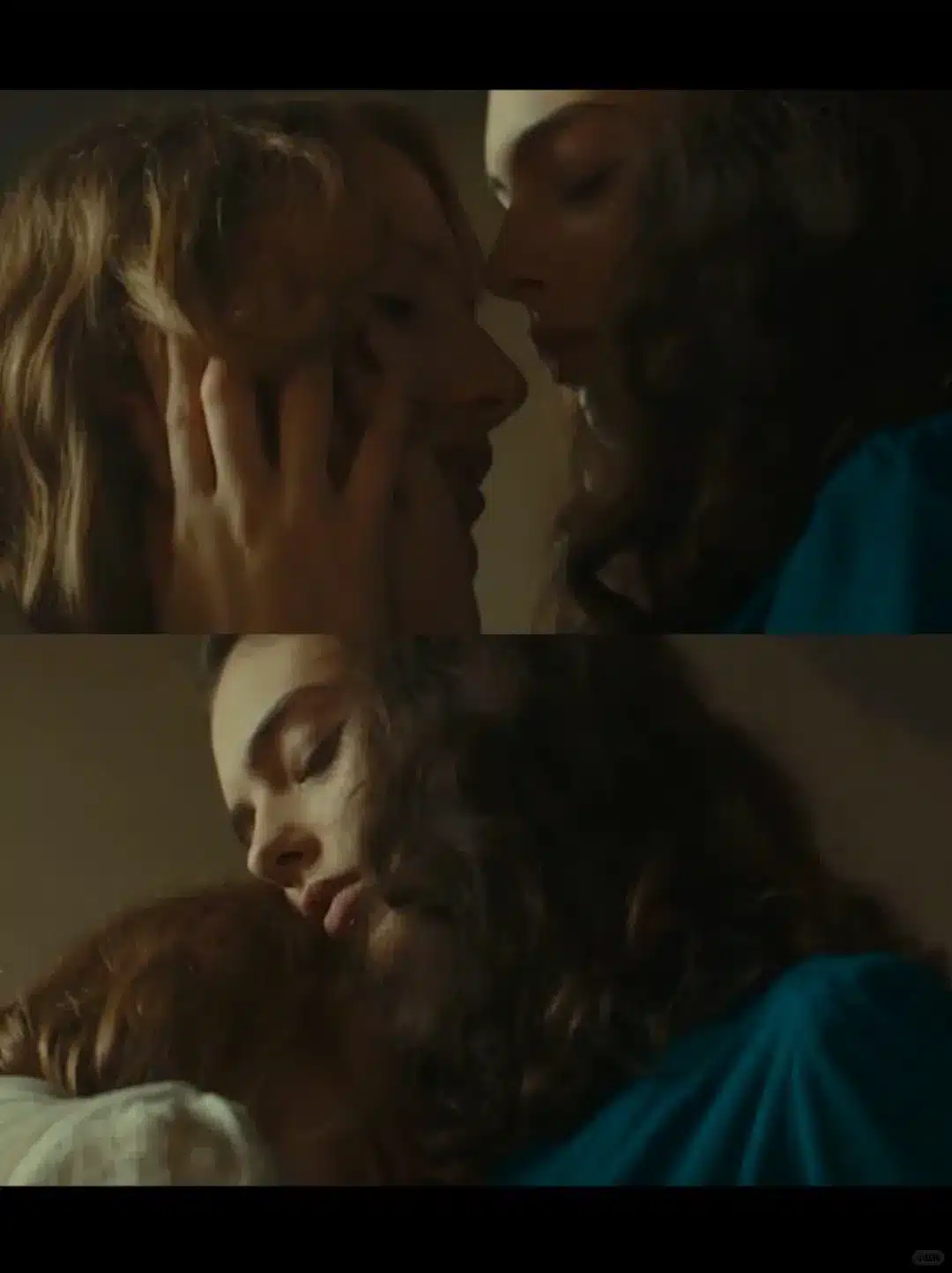
Story – 3.5/5
The narrative unfolds like a painting: slow, contemplative, and rich in emotional texture. While some elements feel melodramatic—especially the later “illness trope”—the portrayal of youthful confusion and desire is deeply moving.
Acting – 4/5
Deva Cassel delivers a tender, luminous performance as Ginia. Her wide-eyed innocence slowly gives way to yearning, disappointment, and emotional clarity. The supporting cast, particularly Amelia, carries the duality of allure and melancholy with grace.
Chemistry – 4.5/5
The sexual tension between Ginia and Amelia is electric. From shy glances to lingering touches, their interactions are rich with emotional undercurrents and subtle shifts in power.
Production – 4.5/5
Visually stunning. The cinematography mirrors classical painting compositions, with moody lighting and color palettes reminiscent of Italian masters. The costume design and set details immerse the viewer in pre-WWII elegance and decay.
Ending – 3/5
While emotionally impactful, the resolution leans toward cliché with its illness subplot and “bittersweet goodbye” tone. A more radical or political ending might have elevated the story’s resonance.
My Take
This film was a surprise. I went in expecting a typical coming-of-age lesbian story and came out emotionally stirred. La bella estate doesn’t scream rebellion—it whispers it through delicate visuals and quiet moments of revelation. Ginia’s gaze, her trembling hands, the way she looks at Amelia undressing, or dares to hold her hand during a summer storm—these small gestures held more weight than entire monologues in other films.
However, I did struggle with how the film skirts around truly queer politics. The use of Amelia’s pansexuality as a device, coupled with the overly romanticized nudity, made me question whether the film occasionally veered into aestheticized voyeurism. Still, there is undeniable beauty in how it handles girlhood, longing, and the fragile transformation from innocence to self-awareness.
It may not carry the same political punch as Portrait of a Lady on Fire, but it has its own quiet resonance—one that stays with you like a warm breeze after dusk.
